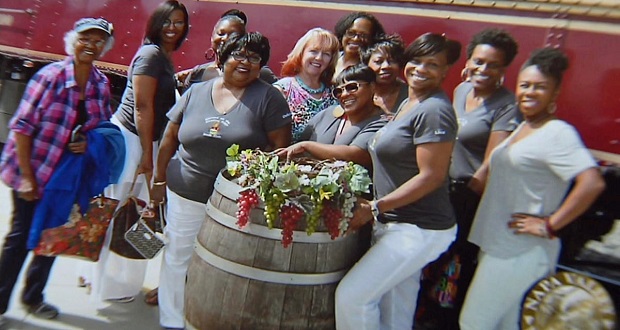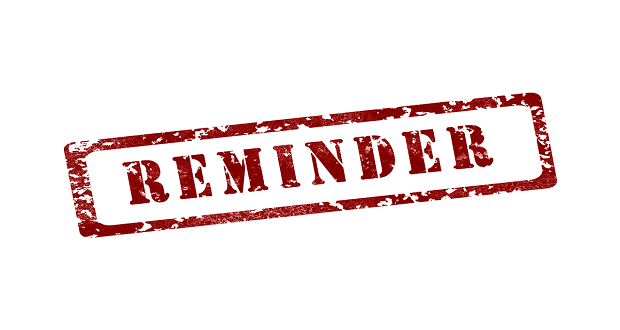 A while back, Mary-Frances (aka my Mom 🙂 ) wrote the 7 reasons why she does this work. We had been discussing for a while about me starting my own column in The Inclusion Solution, “GenY on D&I” (catchy name, right?), so that our readers can hear about diversity and inclusion from my perspective. I thought it would be fitting to start off my column with some of the reasons why I do this work.
A while back, Mary-Frances (aka my Mom 🙂 ) wrote the 7 reasons why she does this work. We had been discussing for a while about me starting my own column in The Inclusion Solution, “GenY on D&I” (catchy name, right?), so that our readers can hear about diversity and inclusion from my perspective. I thought it would be fitting to start off my column with some of the reasons why I do this work.
It’s funny, when I tell people my background (or my Mom brags on my background – I guess it’s a Mother’s right :-)) they are often baffled by why I am currently doing diversity and inclusion consulting work. I have even had clients try to offer me a job after hearing about my skills. You see, I have undergraduate degrees in Computer Science, Electrical Engineering and an MBA and Masters in Information Systems. (See now you’re scratching your head, too!) But actually the reasons I do this work are very much connected to my course of study and experience working in related fields. Let me explain.
As many are aware, it is an anomaly being Black, female and an engineer. Women, in particular, leave science and tech jobs at high rates. A Harvard Business Review study found that over time, in the US, 52% of women leave science and technology jobs. The reasons cited included hostility, isolation, work styles and conditions. I experienced some of these same feelings. Recently, there have been articles relating the reason there are so few women in science and tech due to this notion of stereotype threat, introduced in Claude Steele’s book Whistling Vivaldi: And Other Clues to How Stereotypes Affect Us (I plan to explore this further in a later Gen Y on D&I post.). I know that working in a male-dominated environment, with no one who looked like me, had a profound impact on my performance while working as an engineer.
Because of my experience I decided that I did not want to have anyone else experience what I had. I wanted there to be more people who look like me working in science, technology, engineering and math (STEM) careers. I wanted to “change the equation” – or least be a factor in creating the change. I believe that by doing this work, I can make an impact by teaching others about various issues around diversity, inclusion – especially when it comes to STEM and education. I do this work so that one day I won’t be an anomaly. I do this work to encourage young girls who look like me to fight the stereotype threats. I do this work to make a difference.
There is much work to be done. I will admit I came into my current position naïve. I was honestly surprised that we had not moved the needle much. Since I hadn’t work directly in the field, I did not truly get to see how far we’d come (or not) until starting to work with clients or speaking with other colleagues. I have not been doing this work long enough to say I’m “fatigued”, but I do understand how those who have been in this for close to 30 years (like my Mom) can get frustrated by the slow progress.
Working in diversity and inclusion is not easy, but it must be done and I’m willing to take on the task.



















This gives me hope for the future. Keep up the great work!
Thank you!
Great work Mareisha!